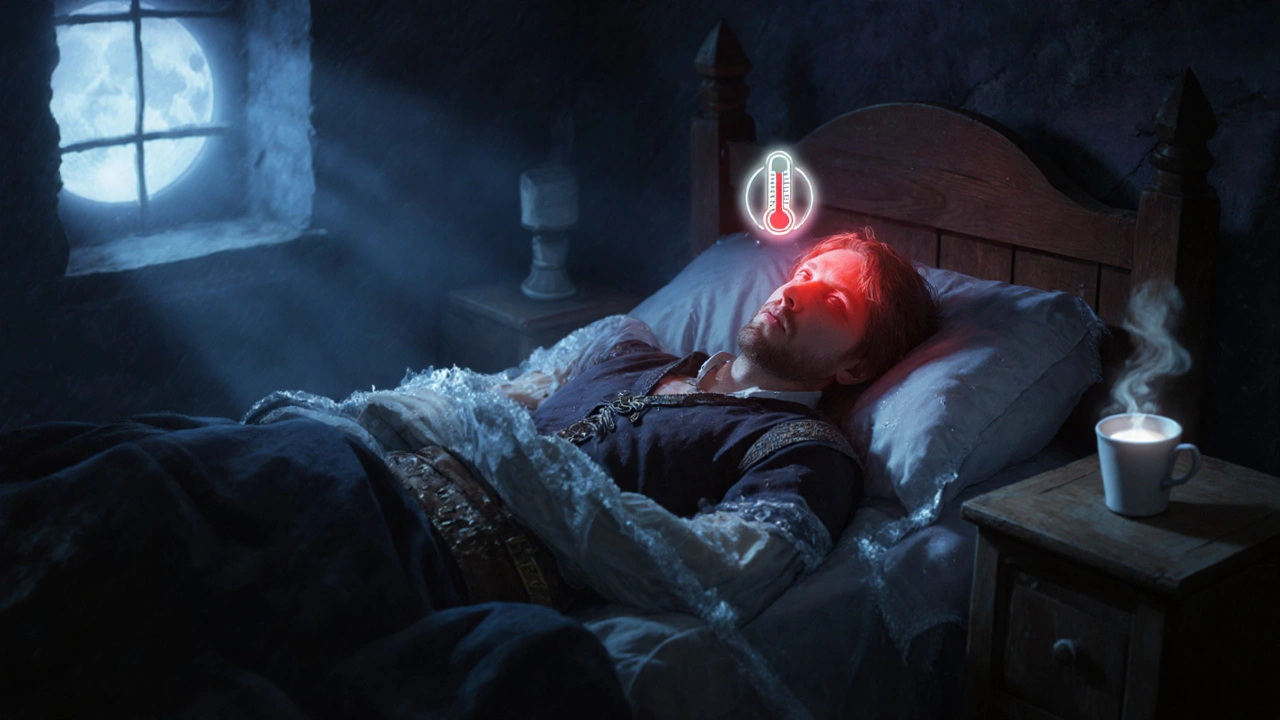Insomnia: Causes, Treatments & Practical Tips
When dealing with Insomnia, the persistent trouble of falling or staying asleep. Also known as sleeplessness, it can erode daily energy and mood. Sleep Hygiene—regular bedtime, limited screens, and a cool dark room—forms the foundation of any recovery plan. Cognitive Behavioral Therapy for Insomnia (CBT‑I) builds on that base by reshaping thoughts and habits that keep the mind racing at night. When lifestyle tweaks aren’t enough, Prescription Sleep Aids can bridge the gap, but they must be used carefully to avoid dependence or side effects. In short, insomnia encompasses physiological, psychological, and environmental factors, and effective relief usually requires a blend of hygiene, therapy, and—if needed—medication.
Understanding Common Triggers and Their Impact
Stressful work days, chronic anxiety, and even lingering pain often hijack the sleep cycle. For example, the anxiety highlighted in our article on job performance ("Anxiety’s Effect on Job Performance and Satisfaction") can spill over into the bedroom, turning thoughts into a restless night. Similarly, pain conditions like chronic cystitis or dental discomfort (see "Cystitis Pain" and "Alpoxen for Dental Pain") can make it hard to stay still enough to drift off. Medications used for other health issues—such as antihistamines for allergies or anticonvulsants for epilepsy—may also interfere with natural sleep patterns. Recognizing these links helps you target the right remedy: a calming bedtime routine for anxiety, pain management strategies for physical discomfort, or a drug interaction check before adding a sleep aid.
Once you’ve pinpointed the main culprits, the next step is to apply a practical plan. Start with a straightforward sleep hygiene checklist: set a consistent wake‑up time, dim lights an hour before bed, and avoid caffeine after noon. Pair that with a short CBT‑I exercise—like writing down worries 30 minutes before lights out and scheduling a "worry time" earlier in the day. If night‑time still feels hopeless, talk to a healthcare professional about short‑term prescription options, keeping an eye on dosage and potential side effects. The articles below cover everything from flu antivirals to anxiety treatments, giving you a broader view of how various medicines and conditions intersect with sleep. Dive into those resources for deeper insights, then craft a personalized approach that puts restful nights back within reach.
Learn how fever interferes with sleep, the biology behind it, and practical tips to improve rest while your temperature runs high.

 Pharmacology
Pharmacology